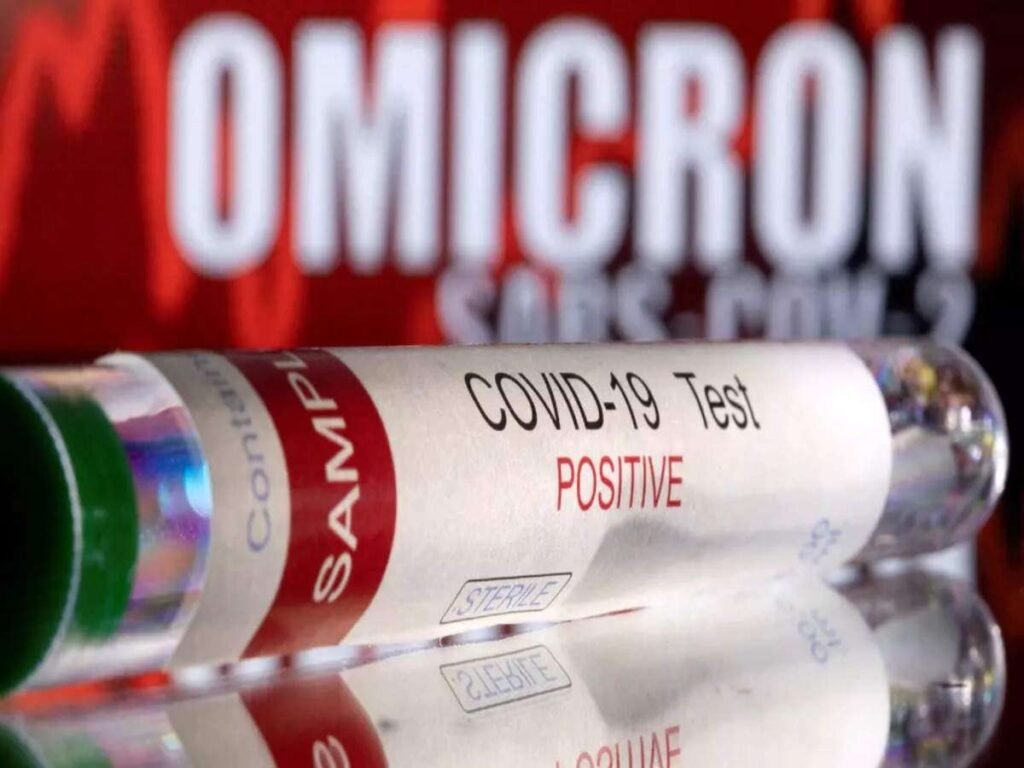Iran, Tehran – Iran’s health ministry has confirmed the country’s first case of COVID-19’s Omicron variant.
On Sunday, a ministry official told state media that the highly contagious variety known as the Omicron variant had been discovered in a middle-aged Iranian male who had recently returned from the UAE.
Two other suspected cases are being investigated by the ministry.
The announcement comes after weeks of relative calm in Iran, with low infection, hospitalization, and death rates despite a comprehensive immunization programme.
More than 60% of those who are eligible have already had two doses of the vaccine, and most people can now get a booster shot.
Iran, which has an estimated population of 85 million people, has also developed various vaccines, some of which are already being used in the national vaccination campaign and will be expanded in the future.
However, with over 6.1 million illnesses and over 131,000 deaths, the country is the most impacted in the Middle East.
From a high of 709 fatalities in late August, the daily death toll has now plummeted to double digits.
On Sunday, the health ministry reported 50 deaths and 1,968 new cases.
However, with the discovery of the Omicron strain in Iran, health experts have warned of serious consequences if health procedures are not followed.
To prevent the rapid spread of the Omicron variety, the scientific committee of the national anti-coronavirus task force recommended that closed-space meeting places such as schools, concerts, and restaurants be closed for at least four weeks.
However, such widespread shutdowns appear improbable, given the country has rarely used them in the past, even in the most extreme circumstances.
Iran began gradually introducing a “smart protocols” plan earlier this month, which permits vaccinated citizens to participate in practically all activities while imposing restrictions on non-vaccinated persons, such as travel.
